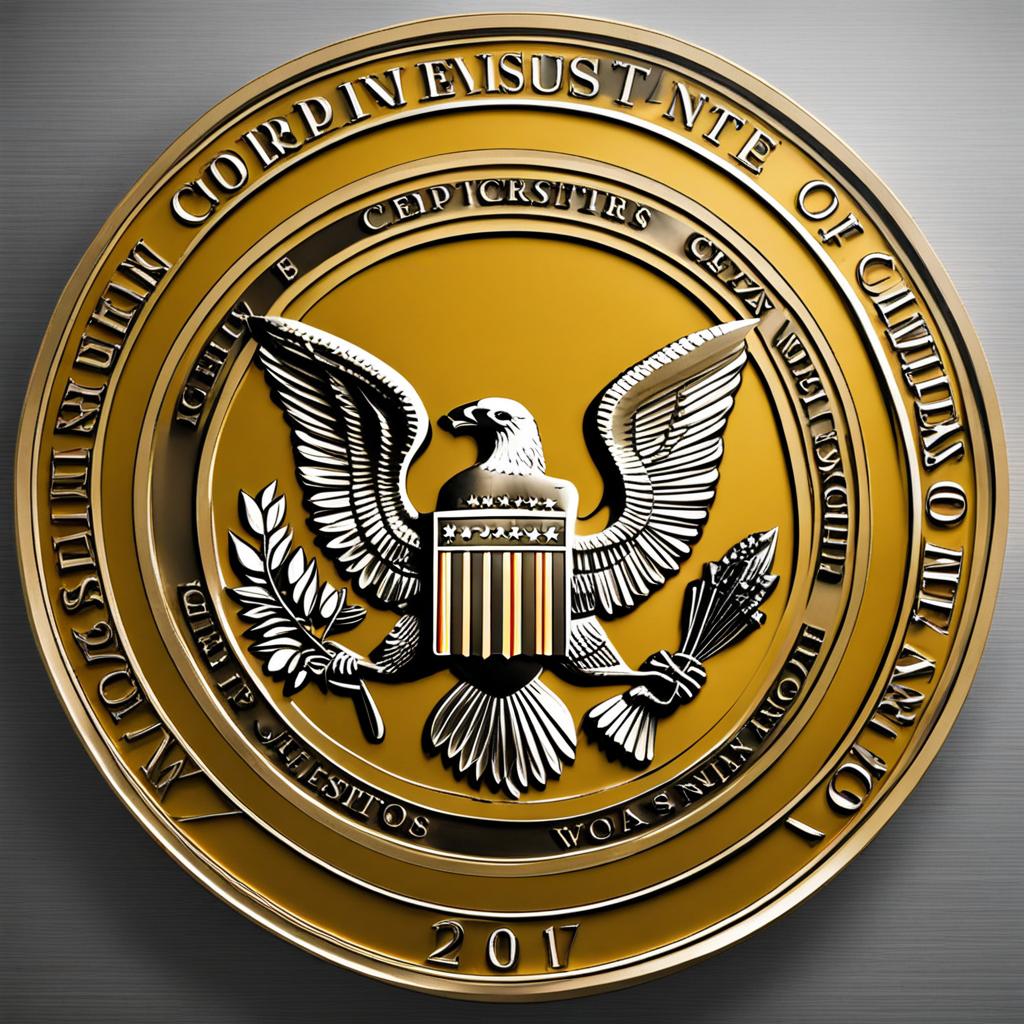The Securities and Exchange Commission (SEC)’s hostile regulation of the US crypto business could result in the loss of four million jobs by 2030 as it pushes web3 development overseas and already reduces America’s market dominance.
According to a study by cryptocurrency exchange Coinbase, over the course of the next seven years, the SEC’s policy of regulation by enforcement might threaten one million developer jobs and three million non-technical positions.
According to the report, regulatory uncertainty is moving opportunities and jobs elsewhere and has already resulted in a drop in the US’s share of web3 development from 40% to 29% over the previous five years. According to the report, the US loses over 2% of the global web3 market share annually on average, which forces businesses to relocate their high-paying, high-quality positions to countries with friendlier regulatory environments.
Even in the face of legal setbacks, the SEC continues its enforcement strategy.
“This enforcement-only approach continues,” the statement read. “Courts have rejected the SEC in a number of high-profile cases, but this enforcement-only approach continues.” “Despite the fact that 52 million Americans, or one in five, possess cryptocurrency, this enforcement-only strategy is still in place.
SEC Falls Behind
While 83% of the world’s major financial centers, according to Coinbase, are doing more to generate greater regulatory clarity for the cryptocurrency business, the US regulators are lagging behind other countries, the company claims.
The Financial Services and Markets Bill is nearing completion in Parliament, putting the UK on pace to establish a framework for cryptocurrency regulation. Meanwhile, the EU established the Markets in Crypto-Assets (MiCA) law to provide its 27 member states with regulatory clarity, according to the research.
In an effort to maintain its position as a major financial hub, Hong Kong created a framework for regulating cryptocurrencies in June. Three UAE regulators have also created frameworks for regulating cryptocurrencies in an effort to establish the UAE as a major hub for the industry, it was stated.
With the creation of a framework for cryptocurrency regulation that went into force in June, Hong Kong has likewise made progress in regulating its cryptocurrency economy. As a result of concentrating its efforts on establishing itself as a significant financial center, the city has attracted a sizable number of new residents.
The “new capitalism” economic policy of Japanese Prime Minister Fumio Kishida’s administration, which aims to promote growth and innovation, also includes web3.
According to the report, the US has a good chance of leading innovation in the emerging crypto economy—but only if it can implement the proper legislation. We cannot afford to spend billions of dollars pleading for the crypto industry to return to American soil.
Praise For SEC Crackdown
Asserting that the SEC’s crackdown is necessary to protect investors and lay the groundwork for a future in which the crypto industry is cleaner and better, Coinbase is up against some stout foes.
At a Sept. 12 hearing on the oversight of the industry regulator, Senator Sherrod Brown, the powerful chairman of the Senate Committee on Banking, Housing, and Urban Affairs, slammed cryptocurrency.
According to Brown, it looks as though a new cryptocurrency fraud, hack, or insider is taking advantage of individuals every day, both before and after FTX’s demise. “That’s because the issues we witnessed at FTX — the lack of true disclosure, the conflicts of interest, the hazardous bets made with customers’ money that was meant to be safe — are present throughout the cryptocurrency industry. The biggest and most visually offensive was FTX.
At the same hearing, Gary Gensler, the chair of the SEC, remained unwavering in his criticism of the cryptocurrency sector, claiming that most crypto tokens are securities and that there are serious non-compliance problems in the sector.
It’s not unexpected that these markets have seen so many issues, he said. This story has already been told. It reminds the situation that existed in the 1920s, before the federal securities laws were established.
Blue Chip US Businesses Want Regulatory Clarity as Well
Even still, Coinbase claims there is convincing evidence that top-tier American corporations support its proposal for the creation of a regulatory framework that clarifies the cryptocurrency market.
According to the report, 87% of Fortune 500 CEOs surveyed believe that having clear cryptocurrency regulations is essential for maintaining US dominance in the global financial system, and 92% agree that politicians should create new regulations for these technologies rather than enforcing existing regulations created for earlier technology.
Furthermore, 52% of businesses say they won’t invest in the sector at all unless legislation is in place, and 46% say regulatory ambiguity is a deterrent to investment.








